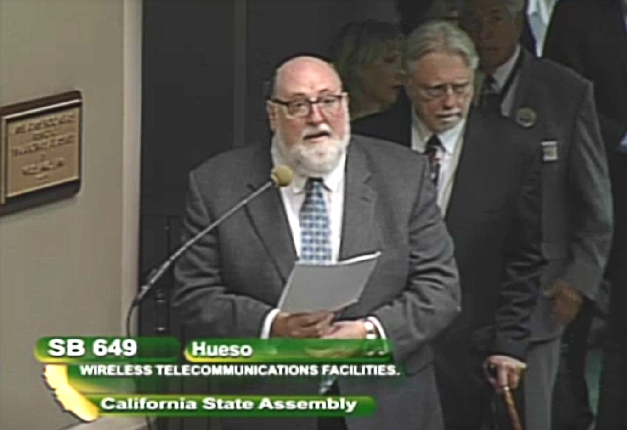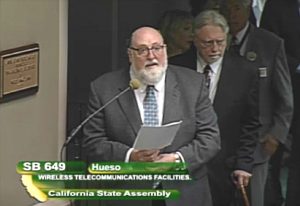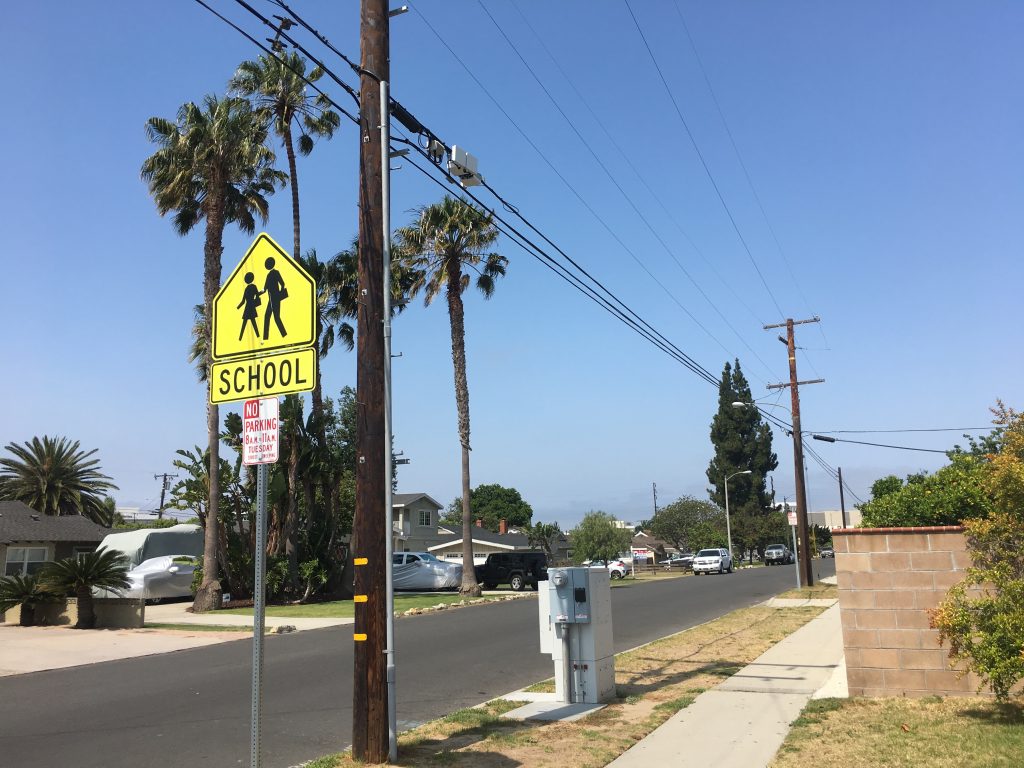Published reports late today have Sprint putting aside its merger talks with T-Mobile to focus on a potentially MUCH MORE IMPORTANT deal–one with Charter and Comcast (or is it Comcast and Charter). I’ve predicted a deal like this for years.
Why is a Sprint-MSOs deal more important than a deal with T-Mobile?
As I’ve said before, cable TV MSOs are like Visa: “Everywhere you want to be.”
Sprint needs to strike a deal with the biggest MSOs to gain access to the fat backhaul offered by MSOs, the quick deployment and provisioning of small cells on cable TV strand (and inside cable TV pedestals), and to the back or front yards of millions of homes passed by the cable operators.
Who are the real losers? Verizon, AT&T, T-Mobile and Mobilitie. As to the first three, they are likely to be blocked for Cable TV strand-mounting of small cells in the major markets controlled by Comcast and Spectrum. As for Mobilitie, I believe it stands to lose the most from any Sprint-MSO deal that will invariably drive a silver stake into the heart of what I can only call a very troubling and disjointed ‘5G-but-not-really-5G’ piecemeal deployment of small cells that aren’t really all that small.
Oh, yes, Crown Castle and Extenet, as well as other fiber/builder providers will suffer from a deal like this which would cut into the heart of their fiber and node businesses in a really big way.
Not too long after Sprint inks a deal with the MSOs it can expect to cease to operate as a separate entity as the cable operators swallow Sprint whole to bring the wireless services under the sole control of the MSOs. For the MSOs it gives them the existing Sprint network, such as it is, outside of the MSO’s footprints to offer streaming video services over Sprint’s wireless network. This would likely follow AT&T’s deployment of offering streaming video services via wireless outside of the existing wireline U-Verse and Giga-whatever footprint.
T-Mobile should now expect to receive merger-partnering overtures from other first tier and second tier cable operators. Moreover, it can expect to slide to a solid last place with a Sprint-MSO deal.
Those of you old enough will recall that Sprint largely came out of Cox Communications’ pioneer FCC licenses. What’s old is new again, and we live in interesting times.
–Jonathan















